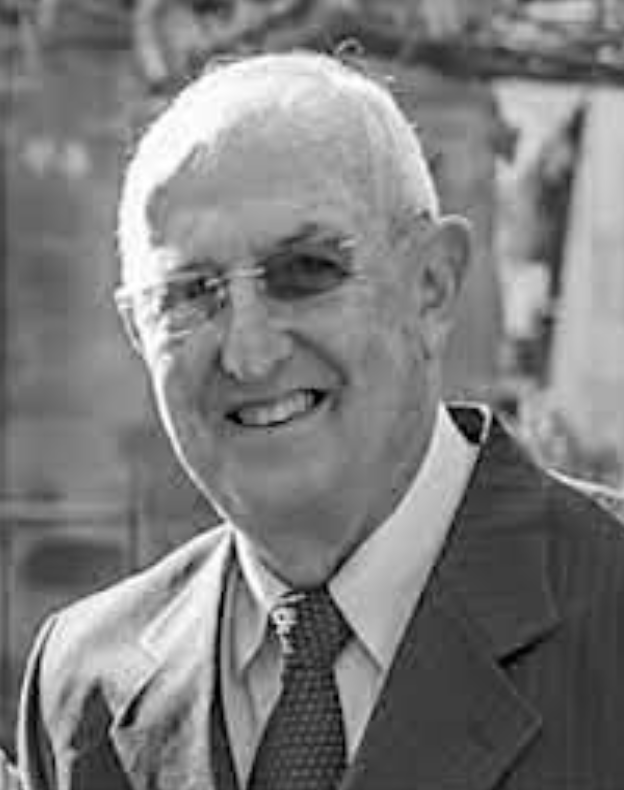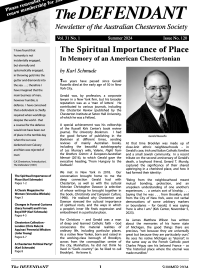The Australian Catholic philosopher, Dr Donald G. Boland, has completed a monumental series of works, comprising 12 volumes, on St Thomas Aquinas. In this review, John Young, the Melbourne-based philosopher and a frequent contributor to The Defendant, reviews two of the most recent volumes, Science, Psychology and St Thomas Aquinas and Thomas of the Creator.
Further details on the series, including ordering information at Enroute Books and Media.


The importance of the matters dealt with in these two works is clear from a glance at the topics.
The first volume, Science, Psychology and St Thomas Aquinas, provides a clear explanation of the thought of Aristotle and St Thomas Aquinas and its relevance today. Focusing on the human person, it discusses the external
senses of sight, hearing, touch, taste and smell; then the internal senses. After this, human intellect and will are discussed.
This reflects the common discussion among philosophers today about the crucially important question of the nature of the cognitive powers, and their reliability in manifesting to us the world in which we live.
The author, Dr Donald Boland, has a doctorate in philosophy from the Angelicum University in Rome, and before that studied for some years at the Aquinas Academy in Sydney. The Academy was founded by Dr Austin Woodbury SM, an outstanding exponent of the theology and philosophy of St Thomas. I heard one student who had studied under Dr Woodbury say: “We have seen a genius at work.” He was right.
Donald Boland is one of the many who benefitted from Dr Woodbury’s teaching. He has written and lectured on philosophy for many years.
Science, Psychology and St Thomas Aquinas is an exposition of philosophical psychology as expounded by Aristotle and further developed by St Thomas. Philosophical psychology deals with the nature of knowledge and what this shows us about the nature of man. How far does our knowledge go? Have we free will? What is the human person?

Having discussed these questions as expounded by Aristotle and further developed by Aquinas, Dr Boland goes on to consider modern psychology in the light of Aristotelian and Thomistic thought.
The second volume, Thomas of the Creator, deals with the Five Ways of proving the existence of God, famously expounded by Aquinas, and discusses what these Five Ways tell us about the nature of God.
These questions are relevant in any age, but it is particularly important today that they should be understood and that their intellectual strength should be seen. This work does that very well.
The enormous advances of physical science in modern times compared with earlier ages can lead to the assumption that the philosophy of Aristotle is outdated. That is not correct, and anyone reading this book should see that the
perennial philosophy, developed through the ages until the present time, does not depend on ancient science.
Some people avoid philosophical works on the assumption that they are too difficult. That is a pity, because it does not apply to all such works. These two books are clearly written, and the average person with an interest in the subject is quite capable of following the arguments.
The existence of God, for example, can be established beyond doubt by the application of self-evident principles and by facts known to all of us through our senses. But many people who have studied philosophy would think that statement to be nonsense, for they are not familiar with the Aristotelian and Thomistic philosophical tradition and the strength of that tradition.
The topics are well presented in clear type, though would be improved by the addition of an index. I hope this can be added in future editions.
